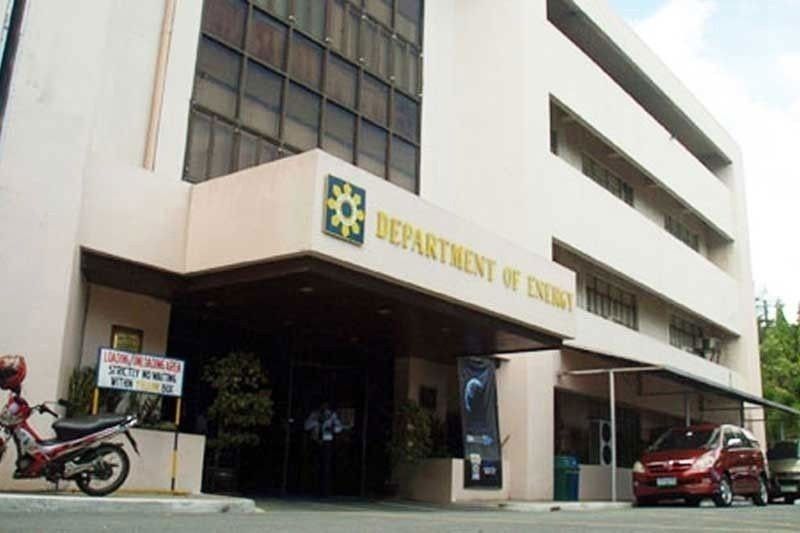DOE pushes for rollout of EV project

MANILA, Philippines — The Department of Energy (DOE) is pushing for the rollout of a massive electric vehicle (EV) project and the establishment of a comprehensive EV road mapping project to transition toward a low-carbon energy, efficient transportation system.
During the 9th Philippine EV Summit yesterday, Energy Secretary Alfonso Cusi said the agency endorsed to the Board of Investments a five-year rollout of EVs and EV charging stations to help accelerate the country’s EV adoption.
“I’m pleased to inform you all that as part of continued efforts to help strengthen our EV sectors, the DOE recently endorsed a project to the BOI which will see the deployment of 20,000 imported EVs and up to 5,000 EV charging station in the next five years,” he said.
“When completed the project is expected to help contribute to the reduction of as much as 145.03 million liters of fuel. This is equivalent to at most a P7.99-billion reduction from fuel costs,” Cusi said.
The project is the Integrated EV and EVCS project with fleet management proposed by Century Peak Energy Corp., DOE-Energy Utilization Management Bureau (EUMB) director Patrick Aquino said.
“The project is expected to commence upon approval of the BOI for its incentives. It will be implemented for five years. Estimated project cost on application filing was P2.5 billion,” he said.
The DOE is also working with the World Bank for an EV Road Mapping program for the public transport sector in the country, Electric Vehicle Association of the Philippines (EVAP) president Edmund Araga said in his opening remarks.
“The World Bank is currently supporting an EV Road Mapping program for the public transport sector in the country, in cooperation with the DOE. In addition, the DOE just bid out a more comprehensive EV road mapping project,” he said.
Aquino said the DOE-World Bank e-mobility technical assistance is ongoing, which includes knowledge exchange activity for government while the comprehensive road mapping project is in preparation for the passage of the EV bill pending in Congress.
Meanwhile, Araga said the Department of Trade and Industry is now heavily working on the EV incentive strategy.
These developments will keep the EV industry busy in the months to come, Araga said.
The adoptioon of EVs can address the mobility concerns amid the COVID-19 pandemic and as the country transitions towards a new normal.
“One interesting prospect would be to adopt EVs as a mode of transportation for our frontline workers. Not only would it be greener transport alternative in terms of zero noise and smoke emissions, but it would also pave the way for sectoral job creation that would definitely help reenergize our economy,” Cusi said.
Cusi also stressed the importance of a strong private-public collaboration in propelling the EV industry.
“…[T]o prepare the path for more established EV networks, we would need support not only from investors, but from our little electric distribution utilities as well. Automotive firms, particularly those investing in cleaner mobility are also significant investors in this endeavor,” he said.
Aquino earlier said the country’s transport sector has been slow in transitioning from the use of internal combustion engine (ICE) production vehicles to EVs from 2010 to 2019.
He said there were only 11,950 EVs registered by 2019, accounting for only 0.9 percent of the total registered vehicles in the country.
This number increased by 8.5 percent to 12,965 in 2020, based on latest LTO data cited by EVAP. Of the total registered EVs, majority are electric tricycles (e-trikes) and two-wheeled vehicles.
In terms of infrastructure, there are only 136 EV charging stations in the country.
The DTI estimates EVs will reach 300,000 or 21 percent share in total vehicles, largely public utility vehicles by 2030, and then increase this to 50 percent by 2040.
But under the Philippine Energy Plan 2018-2040 of the DOE, EVs are expected to account for 10 percent the total road transport vehicles, and this is projected to generate five percent aggregate savings from oil and electricity throughout the period.
- Latest
- Trending


























